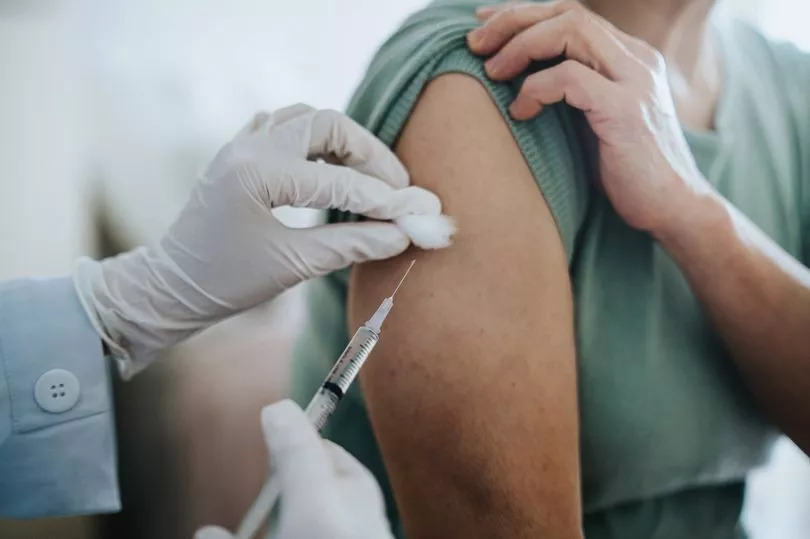A groundbreaking injection to prevent HIV is set to be approved for use across Wales and England. The long-acting cabotegravir (CAB-LA) jab, given every two months, will provide an alternative to the daily tablets currently used to protect against the virus.
The HIV prevention treatment tablets, called PrEP (pre-exposure prophylaxis), are usually taken by HIV-negative individuals to lower their infection risk. In draft guidance released on Friday, the National Institute for Health and Care Excellence (Nice) recommended the injection for adults and young people at risk of HIV who cannot take oral PrEP.
The rollout is anticipated to begin approximately three months after Nice releases its final guidance later this year. Stay informed on the latest health news by signing up to our newsletter here
Health Secretary Wes Streeting described the injection’s approval as “game-changing”.
“For vulnerable people who are unable to take other methods of HIV prevention, this represents hope,” he said.
“We’re making real progress on HIV, with PrEP use up by 8% this year, and our ambition goes even further. England will be the first country to end HIV transmissions by 2030, and this breakthrough treatment is another powerful tool in our arsenal to reach that crucial goal.”
Over 111,000 people accessed PrEP in sexual health clinics in England during 2024, according to the UK Health Security Agency (UKHSA), a 7% rise compared to the previous year.
PrEP pills have been available for years and are extremely effective at stopping HIV infections, but are not always easy for some to take. It can be hard to access, not practical, or feel embarrassing. For example, people might worry someone like parents or housemates could find their pills.
Homelessness and domestic violence can also make it difficult to take oral PrEP every day. An injection which lasts for months offers convenience and discretion.
HIV is a virus that damages the cells in the immune system and weakens the body’s ability to fight everyday infections and diseases.
It can be caught during unprotected sex or through sharing needles. Mothers can also pass it to their baby at birth.
Helen Knight, director of medicines evaluation at Nice, said whilst HIV “remains a serious public health challenge, but we now have powerful tools to prevent new infections”.
“Around 1,000 people in England cannot have daily oral PrEP due to medical contraindications or other barriers which is why this injection offers an effective option for this community,” she said.
Nice estimates that up to 1,000 people could benefit from the new treatment in England each year.
